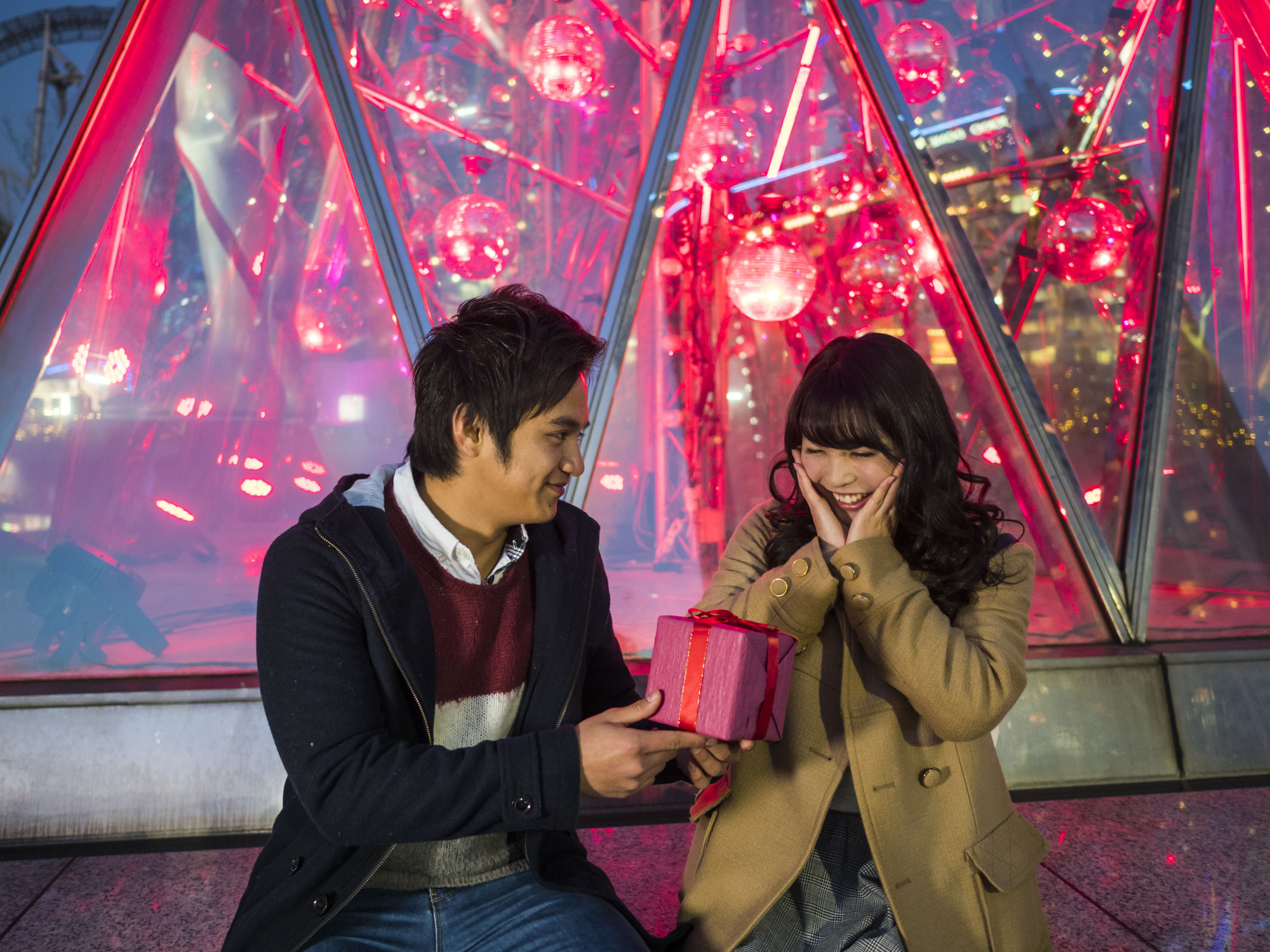It's that time of year when thoughts turn to プレゼント (purezento, presents) — 何をあげるか (nani o ageru ka, what to give), いつあげるか (itsu ageru ka, when to give it), and how will it affect the relationship between giver and receiver?
In Japan, the act of 贈り物をする (okurimono o suru, gift giving) has always been loaded, even if year-end events such as (kurisumasu, Christmas) inject some fun into the proceedings.
Traditionally, the month of December has been about another kind of gift: the お歳暮 (o-seibo, year-end gift). O-seibo are often a business-world affair, usually sent from a company to its 上客 (jōkyaku, valued client). In Tokyo, the sight of salespeople hurrying along the chilly streets carrying huge bags full of o-seibo to distribute to their 得意先 (tokuisaki, clients) is becoming a rarity, but in the old merchant cities, like Osaka and Kyoto, making the o-seibo rounds is still a thing.

















With your current subscription plan you can comment on stories. However, before writing your first comment, please create a display name in the Profile section of your subscriber account page.